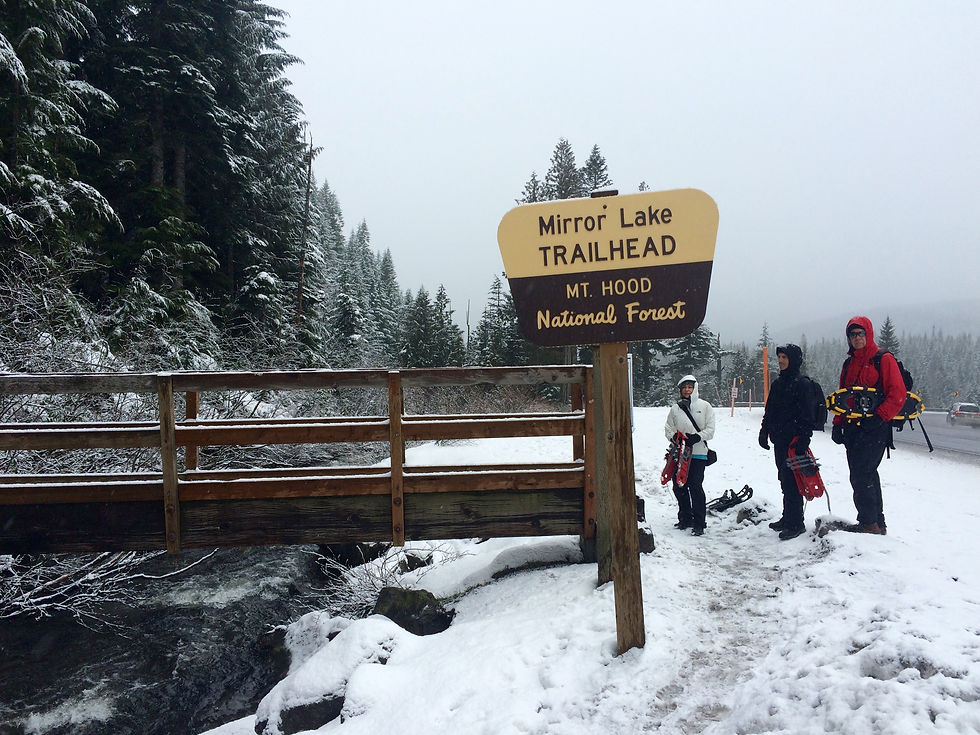Do You Have Restless Legs?
- Courtney Truax, LMT

- Apr 30, 2022
- 4 min read

By no means am I an expert or a medical doctor, but I always like to encourage my clients to ask me any wellness related questions that they may have. If I do not know much about the topic or have any good quick advice, I will take the time to look it up and do some research to read up on the subject. I find it fascinating and educational. Needless to say, I actually enjoy it and love having a new topic to write about for you to read.
This past month, one of my clients asked me what I knew about Restless Legs Syndrome (RLS) and more naturopathic ways of treating it. I am familiar with RLS, but not the treatments or remedies for it. So I decided to look into it.
Restless Legs Syndrome is a neurological disorder that is usually characterized by throbbing, pulling, creeping, or other unpleasant sensations in the legs and an uncontrollable, and sometimes overwhelming, urge to move them. Symptoms occur primarily at night when a person is relaxing or at rest and can increase in severity during the night. Moving the legs relieves the discomfort. Also, since the symptoms often interrupt sleeping, keeping one awake or waking them up in the middle of the night, it often gets categorized as a sleep disorder. RLS can occur in both men and women, although the incidence is about twice as high in women. It may begin at any age, but most individuals who are severely affected are middle-aged or older, and the symptoms typically become more frequent and last longer with age.
There is no real answer as to why RLS occurs, and there are some medications that doctors can prescribe you to help with the symptoms, however, many researchers believe that some simple lifestyle changes may help.
Your diet.
The first most suggested change is in your diet. Eating healthy, well-balanced meals are important, as is reducing or eliminating caffeine and alcohol. All will help promote better sleep at night. Also, ask your doctor if you are deficient in any vitamins or minerals, as you may need to take some supplements to help increase your daily intake. RLS has been linked to deficiencies in iron, folate, magnesium, vitamins C and E, and a few studies even include vitamin D.
Your medications.
The next common change you can make is in regards to any medications you may be taking, whether it is daily medications, seasonal, or a sporadic medication, all can cause your RLS symptoms. If you are taking any medications, check with your doctor to make sure that none of them have side effects that could be causing your symptoms. If you are taking over the counter (OTC) medications, look at their ingredients to make sure they do not have any stimulants. Some cold medications and allergy pills may contain mild stimulants that can result in jittery legs. If what you are taking does, ask the pharmacist if there is a non-stimulant alternative that you can try instead.
Stretching and moving.
Another change is to make sure you include exercise into your daily routines. Some people with RLS who exercise daily for 30 to 60 minutes report less fatigue, less symptoms, and better sleep habits. When RLS occurs, movement helps to alleviate it. Walking at a moderate pace daily and doing some stretches for your calves, hamstrings, and gluteal (butt) muscles before bedtime will help reduce restless legs. Incorporating Yoga is another great exercise that also helps stretch your muscles and reduces your stress levels. If RLS does occur while you are lying down, get up and walk around, do some stretches, and even massage your legs and feet to help manage it.
In conjunction of these lifestyle changes, there are a plethora of other remedies that people with RLS have claimed to help. Changing your temperature can have a great effect on your symptoms. Taking a warm bath, using hot and/or cold packs on your legs, or dipping your feet in cool water, can help reduce pain. If your feet are cold, try wearing socks to bed. Some experts have found that a lot of people who suffer from restless legs syndrome also seem to have cold feet. I am not sure if this is a coincidence or not, as there has not been any studies on this connection, but it might not hurt to try and keep your feet nice and toasty at night. Massages have been proven to not only help relax your muscles, but also to help de-stress you as well. Massaging, drinking chamomile teas, inhaling lavender or another soothing smell, all have calming and relaxing effects to help you get a better night’s sleep and help prevent RLS.
If you experience RLS, give some these remedies a try and see what works for you. Hopefully between the lifestyle changes and some of the do-it-yourself remedies, you can help prevent or at least reduce your RLS symptoms.
Let me know what works for you!





Comments